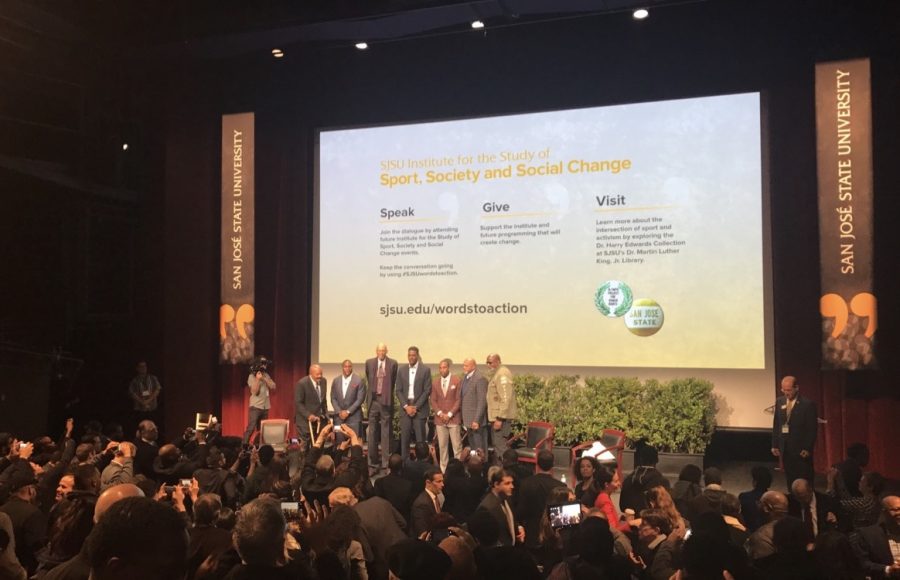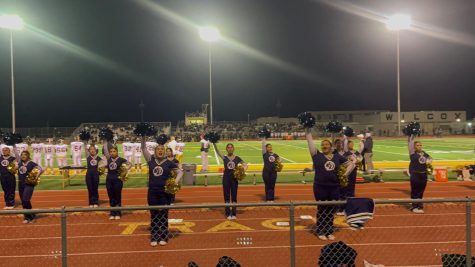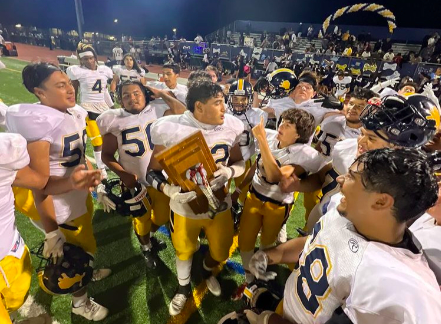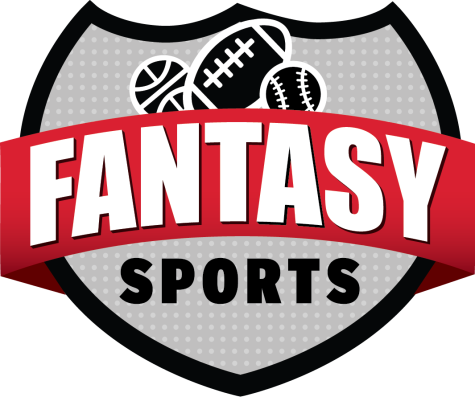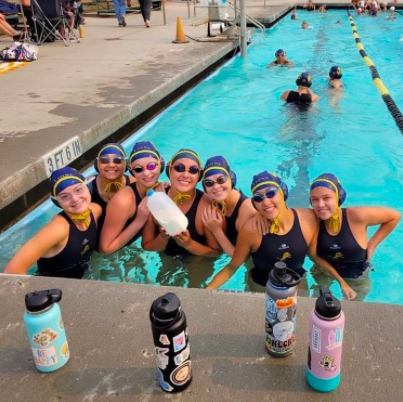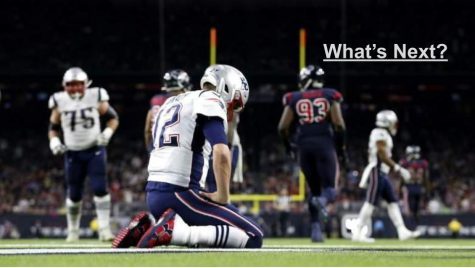SJSU Words to Action: Athletics and Activism
From left to right: Panelists Jim Brown, Takeo Spikes, Kareem Abdul-Jabbar, Chris Webber, Anquan Boldin, Tommie Smith, Harry Edwards (Chau Le/Lincoln Lion Tales)
Wearing newly-earned Olympic medals, Tommie Smith and John Carlos raised their black-gloved fists upward in an act meant to bring attention to the racial discrimination faced by African-Americans. This moment—now cemented in sports history—occurred half a century ago, but its message is still as fresh and relevant as ever.
The relationship between sports and free speech remains a hot topic among athletes and journalists alike. On January 24, a number of speakers gathered to discuss athletes’ ability to be an agent for positive development during an event hosted by San Jose State University’s Institute for the Study of Sport, Society, and Social Change.
Tommie Smith, now in his 70s, was among the panelists who spoke on the topic. Other notable guests included Detroit Lion Anquan Boldin, Hall of Famer Jim Brown, UC Berkeley professor emeritus Harry Edwards, and six-time NBA champion Kareem Abdul-Jabbar.
The morning began with a welcome by SJSU President Mary Papazian. Following this, Jocelyn Benson—CEO of the Ross Initiative in Sports for Equality (RISE) moderated a panel which focused on the history of activism in sports and activism today.
49er Colin Kaepernick’s decision to kneel was one of the more recent displays of political speech in sports. As a well-known player, many initially believed that this act would cause him to fall out of favor with fans who prefer not to mix politics and entertainment. This show of support for the movement against police brutality was definitely not the first of its kind, but the idea that such a popular athlete could use his celebrity for this purpose is one that people are still struggling to come to terms with.
Athletes are often hesitant to speak out on controversial topics. Even within sports, issues like gender inequality and hidden dangers to health are not publicized enough. During the panels, speakers shed light on the meager salary of professional female athletes, and the long-term health effects of playing a sport like football.
The panelists encouraged audience members to reconsider the role of activism in sports. Should athletes use their influence to evoke positive change? Their main responsibility is to their sport, but we often forget that they are people who deserve to have their own voices as well.

Chau moved from Saigon to San Jose in the early 2000s and has been a Bay Area local for over 14 years. As a senior, she participates in the school’s...

